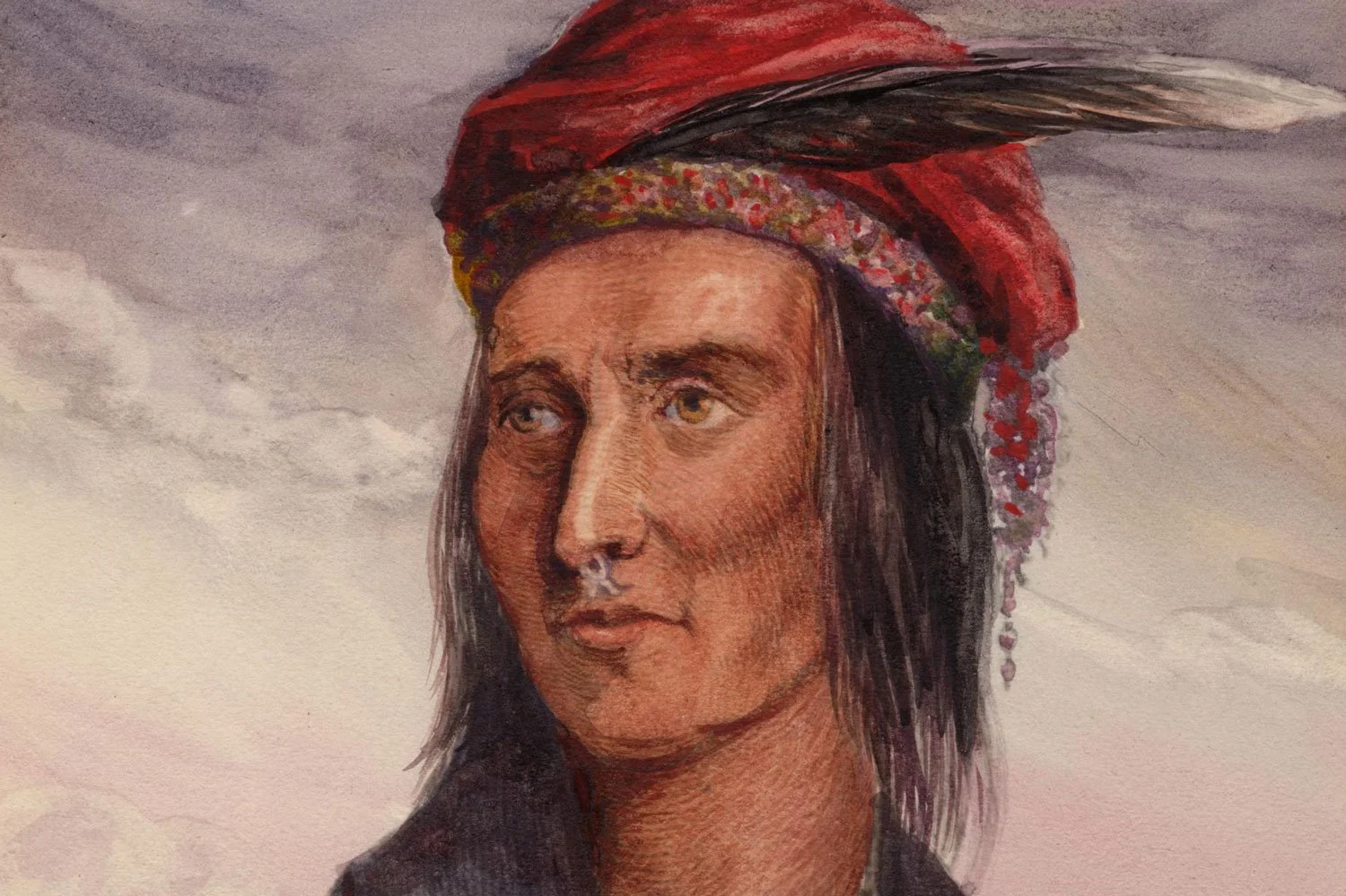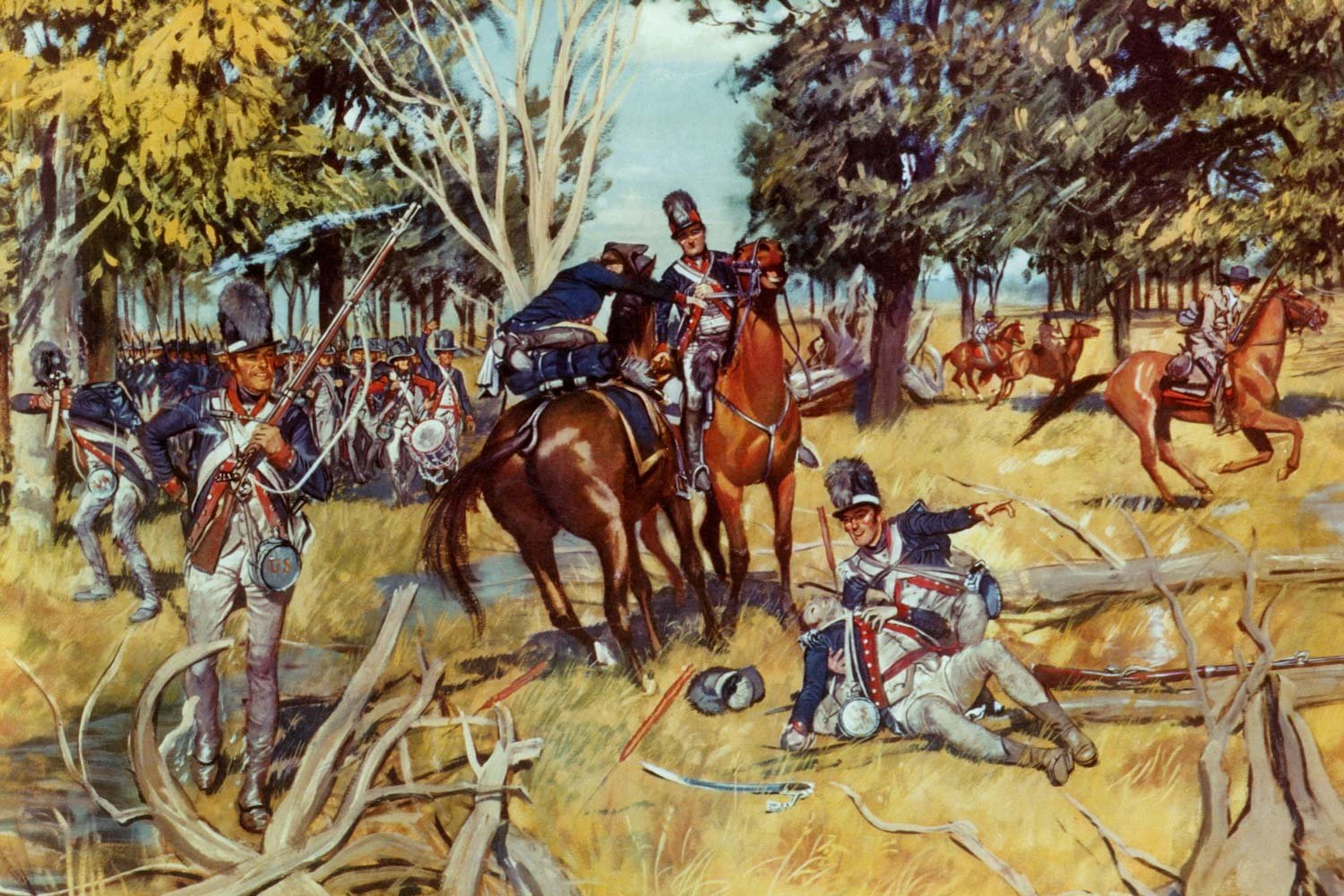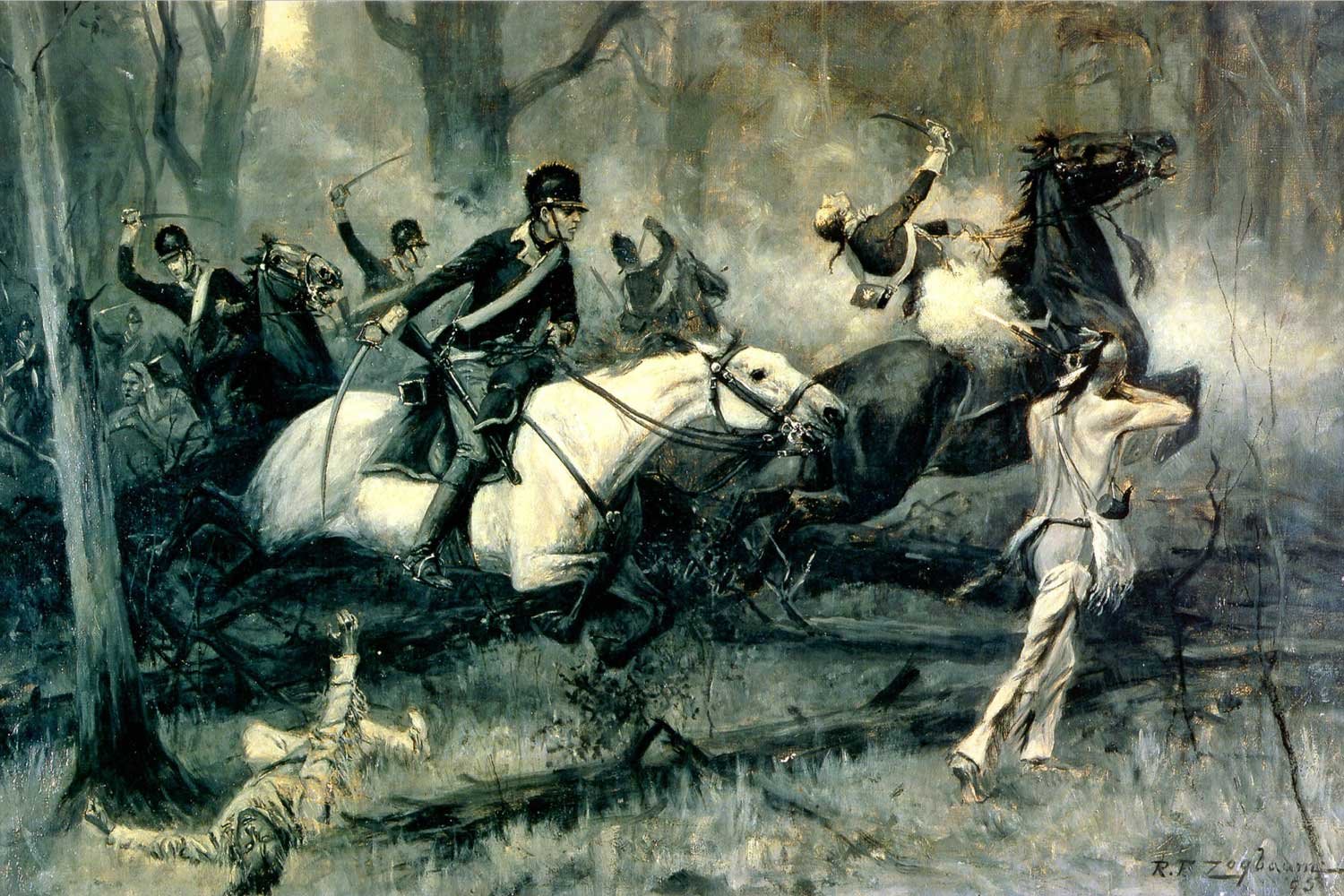The Battle of Fallen Timbers
Following St. Clair’s disaster at the Battle of the Wabash, a reluctant Congress finally agreed to President George Washington’s request to create a force capable of conquering the Northwest Territory. The result was a 5,000-man force called the Legion of the United States, the forerunner of today’s Army. Washington entrusted its command to General Anthony Wayne, a trusted officer from the American Revolution. In July 1794, following countless delays, General Wayne began his final thrust into the Shawnee’s heartland, searching for the large Indian force he knew awaited him.
Tom Hand, creator and publisher of Americana Corner, explores how General Wayne and the Legion brought about an end to the Northwest Indian War, and why it still matters today.
Images courtesy of Library of Congress, National Gallery of Art, National Portrait Gallery - Smithsonian Institution, Carnegie Museum of Art, The New York Public Library, Wikipedia.




The last great battle between Indians in the old Northwest Territory and the forces of the United States, and one of the most consequential in our nation's early decades, was the Battle of Tippecanoe, fought on November 7, 1811, between Shawnee, Potawatomi, and Kickapoo warriors and American troops led by General William Henry Harrison, the Governor of the Indiana Territory.